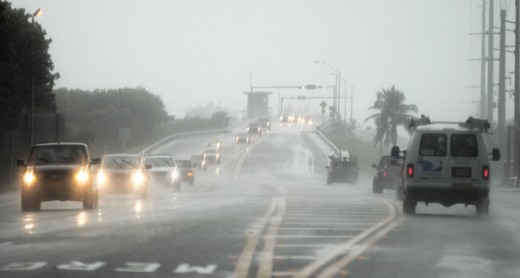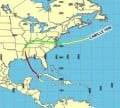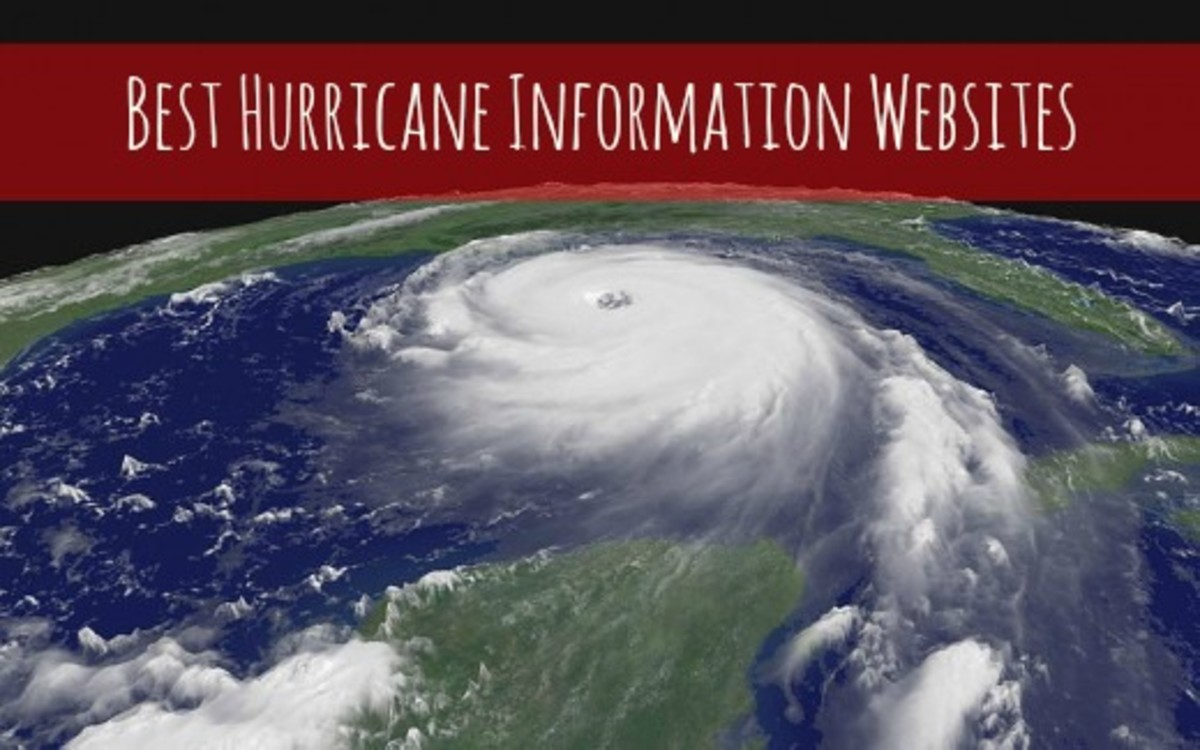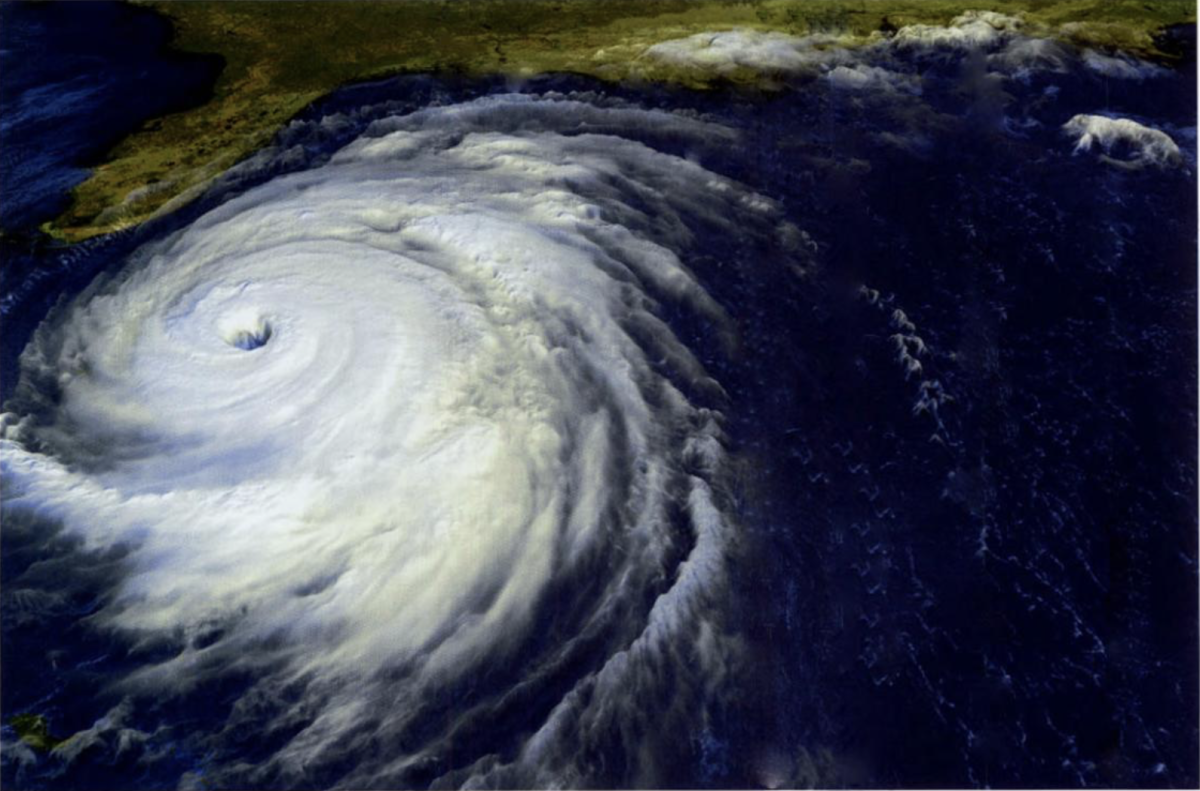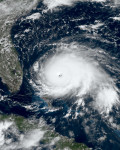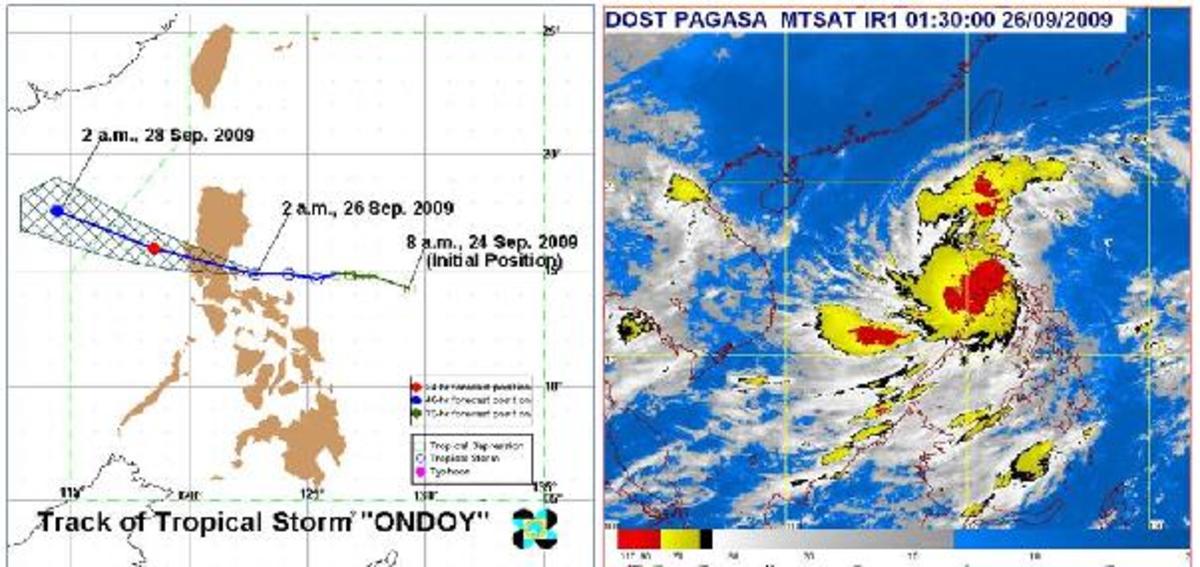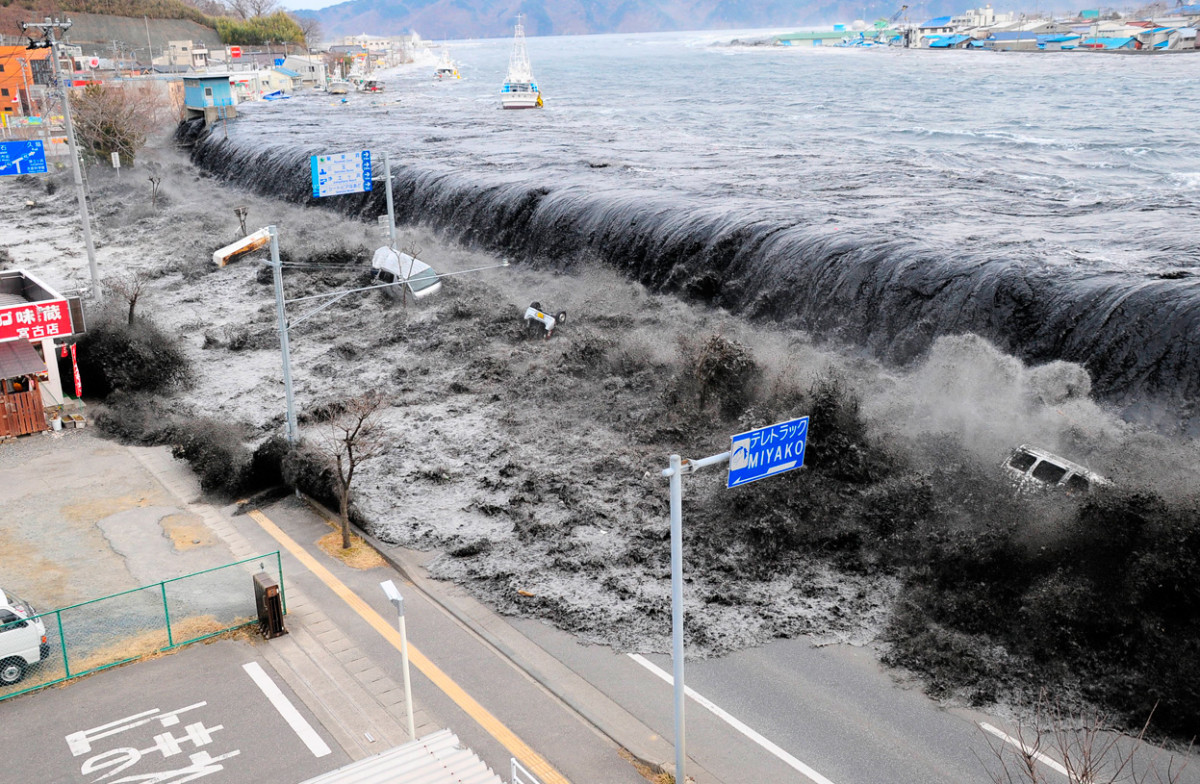The reign of hurricane Isaac
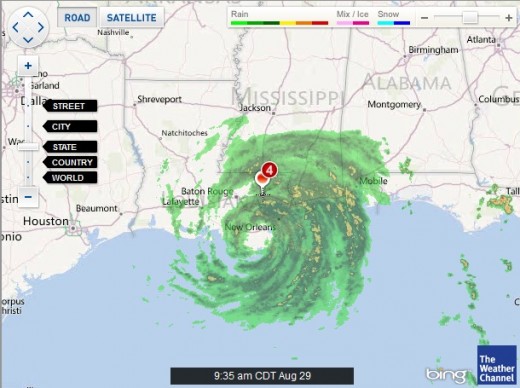
Whether or not experts are right about tropical storms being a devastating by-effect of mankind’s neglect for environment, negative effects of such storms cannot be denied and we all must take care of the damage done. Hurricane Isaac struck New Orleans at the end of August 2012, exactly 7 years after hurricane Katrina. Although being level 1 hurricane, Isaac was no less dangerous to some areas, especially rural Louisiana and the Gulf of Mexico. To understand how can it have devastating effects, we will first need to see how hurricanes start.
How and why do hurricanes start?
By definition, a hurricane is a powerful tropical cyclone whose blowing speed exceeds 73 mph. It is commonly accepted that hurricanes start when three basic conditions are met and these include: a warm ocean with the temperature at least 26.5 C, proper dose of humidity in the air and a wind not too fast nor too slow so that the cloud development will be satisfactory.
When these three factors are mixed together, a “leech” is formed above the water surface and it announced the start of the hurricane. The famous “eye of the hurricane” is at the center of that storm and it is a relatively peaceful area, so a clear blue sky can be seen from there, but the most active and lethal zone is just beyond it, called the “lid of the eye” and as you progress laterally the storm is less devastating. But, hurricanes are not static, as they appear in the open sea and find their way to the land where they cause much damage before they eventually die.
Some scientists have proposed a theory that the Sun’s activity can cause massive storms such as these, because volcanic eruptions on the Sun are sending energy heat waves towards the Earth and that can contribute to the formation of some of the three main conditions for a hurricane to start. For example, there is a link between a strong Sun explosion on August 23, 2005, a few days before the deadliest hurricane in this century, Katrina, originated.
How do we prepare for the storm?
Dark clouds and increased wind activity announce hurricanes. A hurricane storm can last up to two weeks on open sea, and when it hits the land it can bring tropical rains, strong winds and storm waves. When a storm wind reaches the speed of 73 mph, people are being warned about the possible hurricane formation, and if a “leech” has been formed, such phenomena get a male or female name, like Katrina, Isaac etc.
There are many ways to prepare for the storm. The season lasts from the 1st of June until the 30th of November and can grasp south Atlantic, Gulf of Mexico, Caribbean Sea and east Pacific. These are high risk areas.
People can prepare for the hurricane before the season by having enough food, knowing all the escape routes, having flashlights and so on. When a warning is issued by the weather reports, you should secure all outside objects, protect windows, prepare enough food for several days and be ready to evacuate if the danger warning levels get high. You should follow the weather forecast during the storm over the radio or any apparatus that is available and be ready to enter your secure room if needed.
During the storm, you should have supplies at hand, do not use the phone, or even candles, stay away from windows and the most important – do not exit the secure room when the eye of the hurricane crosses your area - no matter how peaceful it might seem outside, the strongest part of the storm will strike very soon after that.
When the storm is over, and you make sure of that, you can surface, but continue using stored food and water because sewage pipes might be damaged and water polluted. Then you can report the damage to the authorities and be patient for the things to normalize.
The damage done by hurricane Isaac in 2012
Hurricane Isaac started on 28th of August but the initial tropical wave, from which Isaac developed, had started on 21st of the same month. As a tropical storm, a less severe form of weather inconvenience then a hurricane, Isaac passed over Hispaniola and Cuba, bringing death toll of 29. After reaching its hurricane strength, Isaac made most damage to New Orleans, Louisiana, but also to Florida and Mississippi. It is estimated that it could cost Louisiana around 2.5 billion dollars, and oil prices have fallen. Hurricane Isaac is now downgraded to a tropical storm and later it will be even more downgraded to a tropical depression, but it has already done much damage – at least 41 people have died, and there were 3 indirect deaths. It is estimated that it has made 3 billion $ damage to US.
Although being a level 1 storm (on a Saffir-Simpson scale from 1 to 5) and much weaker then Katrina in 2005, it made significant damage which is yet to be announced, but not nearly as much as aforementioned infamous Katrina which was the strongest hurricane in recent American history with its death toll of 1,836 people and 135 found missing, while economic damage was 108 billion $. Although the most intense hurricanes were Labor Day Hurricane in 1935, Camille in 1969, and Andrew in 1992, all of whom ranked 5 on the scale, hurricane Isaac had struck the US at a pretty bad time of economic crisis, so its effect will be felt later.
As for now, the storm has passed and not a lot of people died, but the recovery will have to take place soon. We hope the state will help those areas, especially rural ones, who suffered the most damage. Even if the storm was relatively weak, the casualties are not to be neglected and it is a time for unity and mutual help, as all bad times are good opportunity to show our kindness and humanity.
